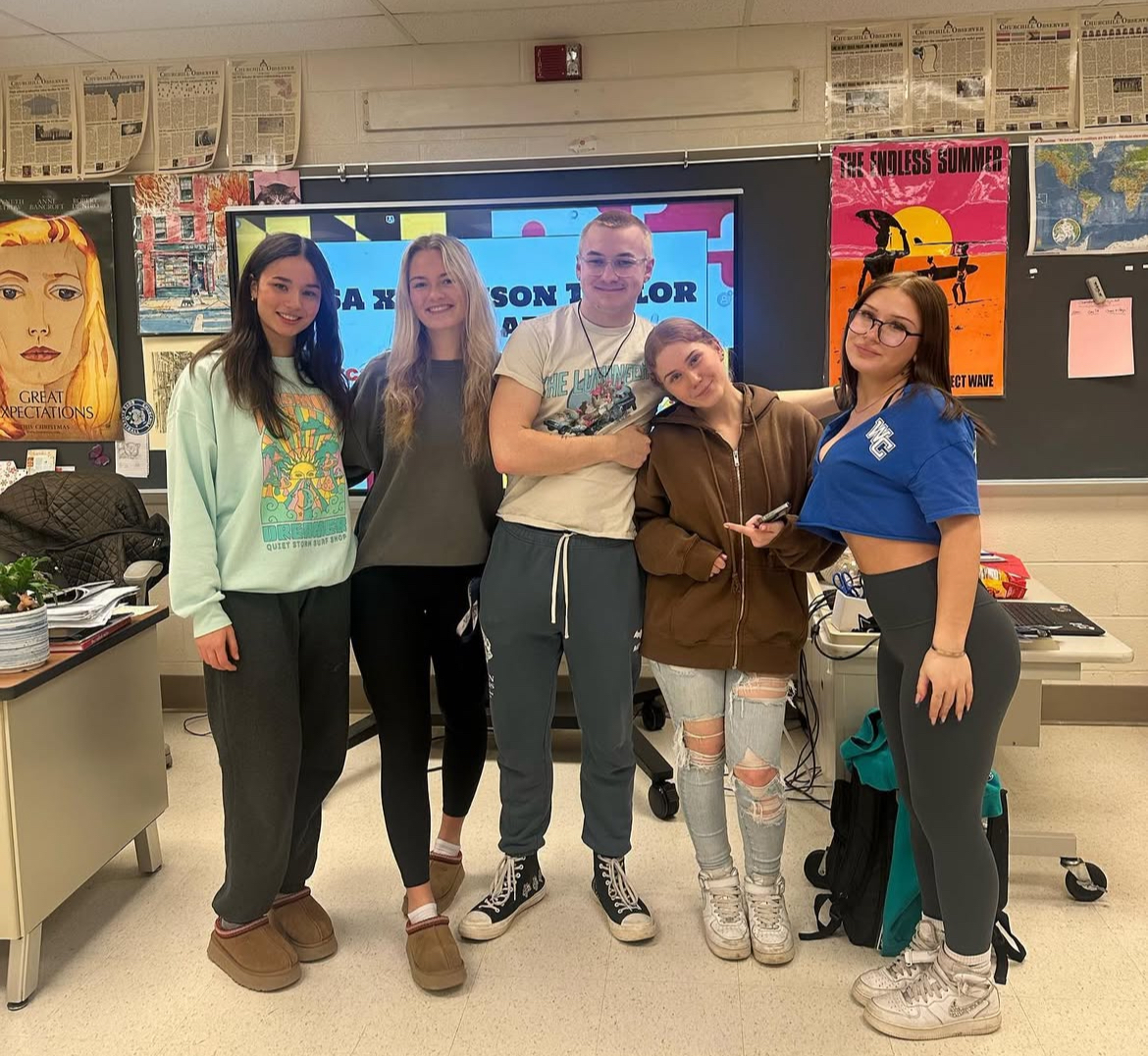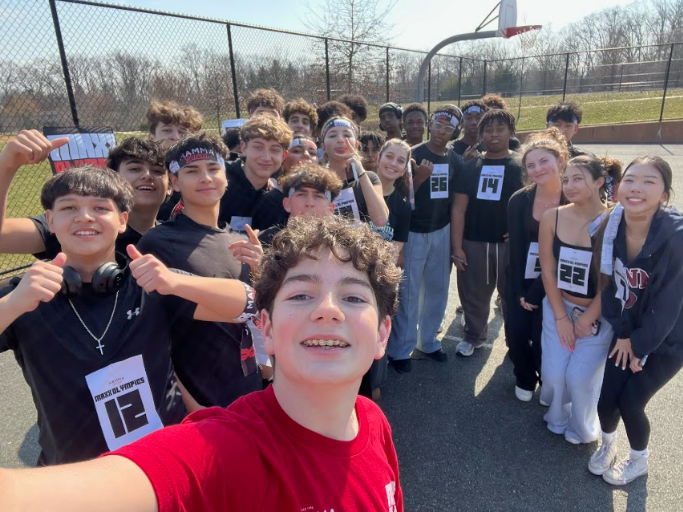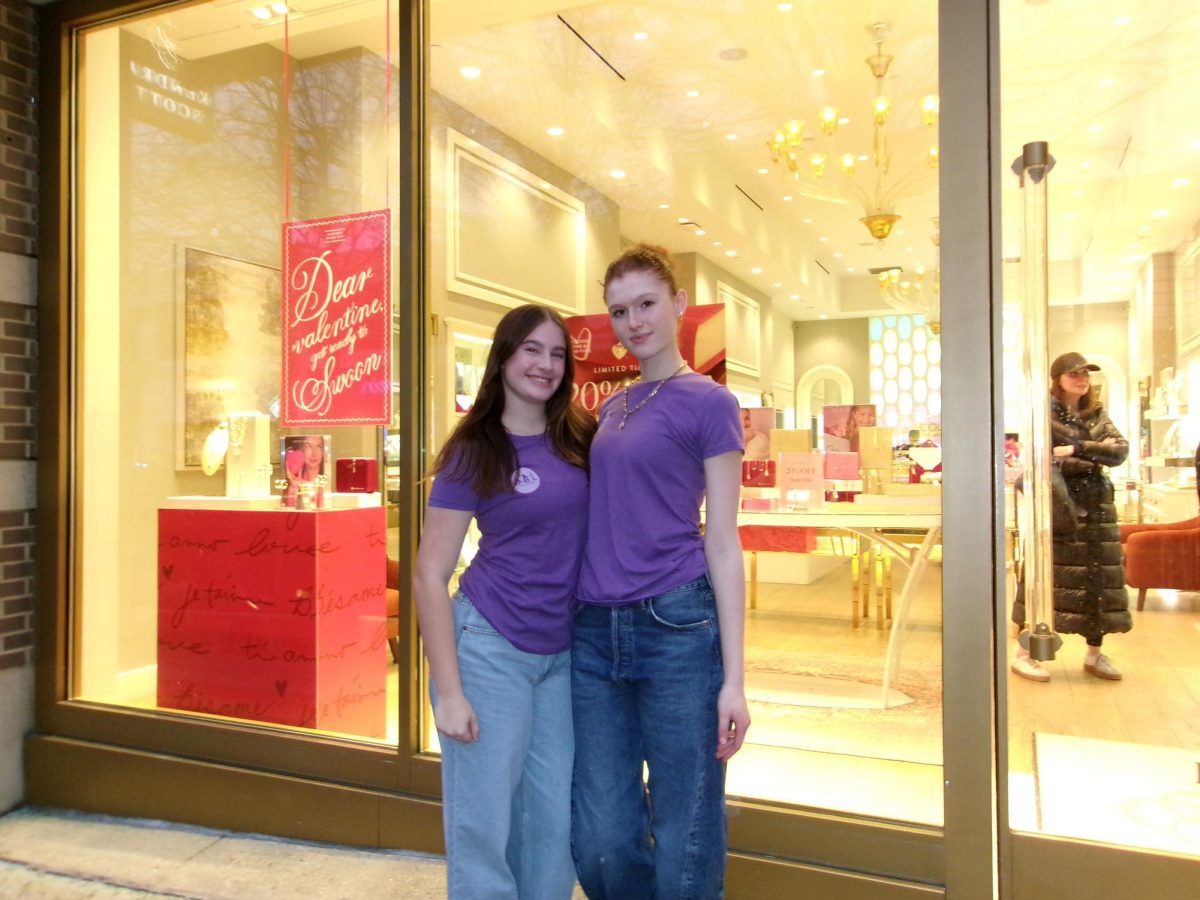Every decade in the 20th century has shown a change in the central focus of American lives, Technology, world events and changing values have altered the course of history.
‘20s The Lost Generation: The Post WWI Era was characterized by a passion for rebellion and decadence. Prohibition laws made the consumption of alcohol a fun activity for young adults, and jazz music from the trumpets of Duke Ellington and Louis Armstrong flourished. Women became less constrained by social limitations and the image of the “flapper” was created. The decade was about forgetting the sorrows of the Great War.
‘30s The Depression Generation: The Great Depression hit the United States and stayed until the United States entered WWII. Unemployment rates reached almost 25 percent. Most people during this time were more concerned with how they were going to feed their families than their identity as a generation.
‘40s The World War II Generation: The United States was deeply entrenched in WWII during this decade and so was concerned with patriotism and the war effort. The war did cause racial tension and anti-immigrant hysteria, but the most important characteristic of this decade was patriotism.
‘50s The Baby Boom Generation: The Age of Conformity. After WWII, the United States had plenty of money to spare and had its longest period of economic prosperity in history. Teens found themselves amidst a new consumer culture of television, clothing, appliances and much more. The development of rock ‘n’ roll with its icon Elvis Presley was the furthest the majority of the population strayed from the straight-and-narrow. This was time of nuclear families, peace, and traditional social roles.
‘60s and ‘70s The Counterculture Generation: The world of the ‘60s and ‘70s was characterized by social revolution. The roles of women changed and African Americans began to be fully integrated into American society. The younger generation responded to white bread society with drugs, sex and rock ‘n’ roll. Birth control changed the role of women in society, drugs (especially marijuana and LSD) revolutionized social dynamics, and rock expressed the tensions of the time. Students across the nation, sometimes violently, protested against the conflict in Vietnam. By the end of the ‘70s, Americans wanted normalcy again and would see the age of disco.
‘80s The Escapism Generation: After the Watergate scandal, many Americans distrusted Washington and sought outsiders to run the government. Ford, Carter and Reagan all had to deal with insane inflation, energy crisis and disheartened Americans. The technological revolution began with the Personal Computer and the World Wide Web. Hip-hop music became popular as it integrated African American culture into pop music. Crack cocaine came onto the scene as the people of the ‘80s sought escapism just as they had in the ‘20s and ‘50s.
‘90s The Modern Generation: The ‘90s saw a revolution in the field of science: the Human Genome project flourished, the computer and the Internet became household norms, the mobile phone developed, and scientists cloned their first animal. Consumer culture and escapism still remained into the ‘90s.
New Millennium The Me Generation: LCD screens, the iPod, the iPad, Tivo, Wii, Skype, YouTube, eBay, Netflix and everything else. This is the digital age, a time when some people are more concerned with who just wrote on their Facebook page than how much the DOW just sank. This is the age of blogging and the public forum: places where people can express themselves freely and easily.







